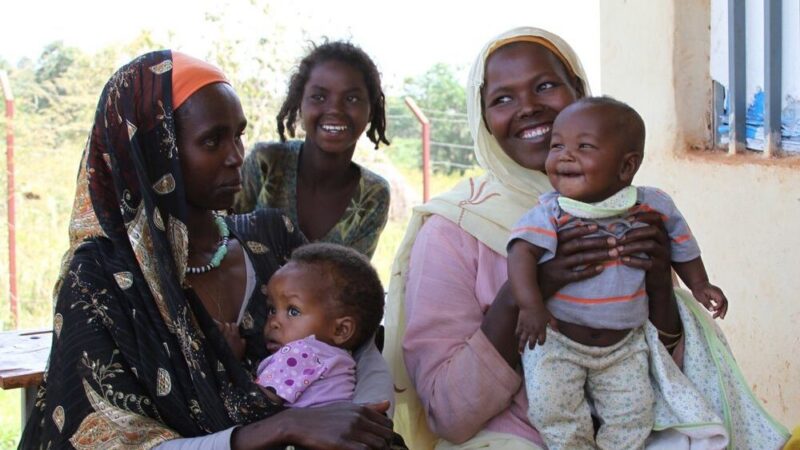Conducting front-line research
Thought-leaders in the field of vaccine research since 2010, the Vaccine Confidence Project™ (VCP) was the first research group to map vaccine confidence globally. We’ve surveyed more than 300,000 individuals in over 150 countries, and our reach expands further every year.
We approach vaccine confidence in the context of other community-defined needs, while harnessing data and human-centered analysis to identify early warning signals of vaccine confidence volatility and declines in trust. This makes us uniquely well placed to provide insight into the causes, trends over time, and impacts of vaccine confidence across evolving global scenarios.
Our approach has been used to support the implementation of challenging vaccination programmes, including the Ebola outbreak in West Africa, Dengue in the Philippines, and the Zika virus in Brazil.
Replacing rumours with knowledge
Polarisation, mistrust, and disinformation were growing long before the COVID-19 pandemic emerged, but these societal dysfunctions have become more prevalent since the 2020 outbreak. In 2021, WHO-UNICEF estimates showed the largest sustained decline in childhood immunisations in almost thirty years. Despite their historic success in saving lives, vaccinations have been subjected to increasing public debate and misinformation around the world. Rumours spread rapidly and erode public confidence in vaccination, which can lead to increasing vaccine refusals and ultimately, further disease outbreaks. If we are to protect our global health, it’s critical to enable communities to access fact-based information that empowers them to make informed choices.
“One of the biggest lessons of our research is that you can never assume what’s in people’s mind nor assume that simply explaining science can change their opinion. People’s reasons for rejecting vaccines could stem from a bad experience at a healthcare facility, general distrust in the government, in medicine or in industry – it’s a real mix but you have to understand their reasons if you are to address concerns and prevent outbreaks of preventable disease.”
Professor Heidi J. Larson, Founder and Co-Director of the VCP
Monitoring public health threats via the Vaccine Confidence Index™
In 2015 we developed the Vaccine Confidence Index™ (VCI), a monitoring system to diagnose early warning signs of confidence volatility and public health threats:
Through mapping global vaccine confidence, we can more easily quantify changing attitudes towards the importance, safety, effectiveness and religious compatibility of vaccines, and policy-makers can harness this data to inform international strategy and global health goals.
Creating impactful partnerships
The VCP has research hubs at the London School of Hygiene & Tropical Medicine, the University of Antwerp, and Hong Kong University, and is supported by a growing network of research partners and collaborators, including government agencies, civil society, the private sector, and non-profit and multilateral organisations.
Together, we have conducted cross-disciplinary vaccine confidence research and co-designed trust-building efforts.
Contact us to find out more about becoming a partner.
Introducing The Global Listening Project
Over time, we have learnt vaccine concerns aren’t always intrinsically linked to the vaccines themselves, and lower vaccine confidence rates often offer a glimpse into deeper societal issues.
Polarisation of sentiments and beliefs can make it harder to have conversations with those we may disagree with. Not only can this cause harm to personal relationships, but damaged trust can divide communities, business and governments and prevent the healthy functioning of society.
We believe that building relationships and restoring social cohesion is a crucial element for crisis preparation success in the future. That is why we recently launched The Global Listening Project, the VCP’s sister initative.
Find out more about The Global Listening project here.
